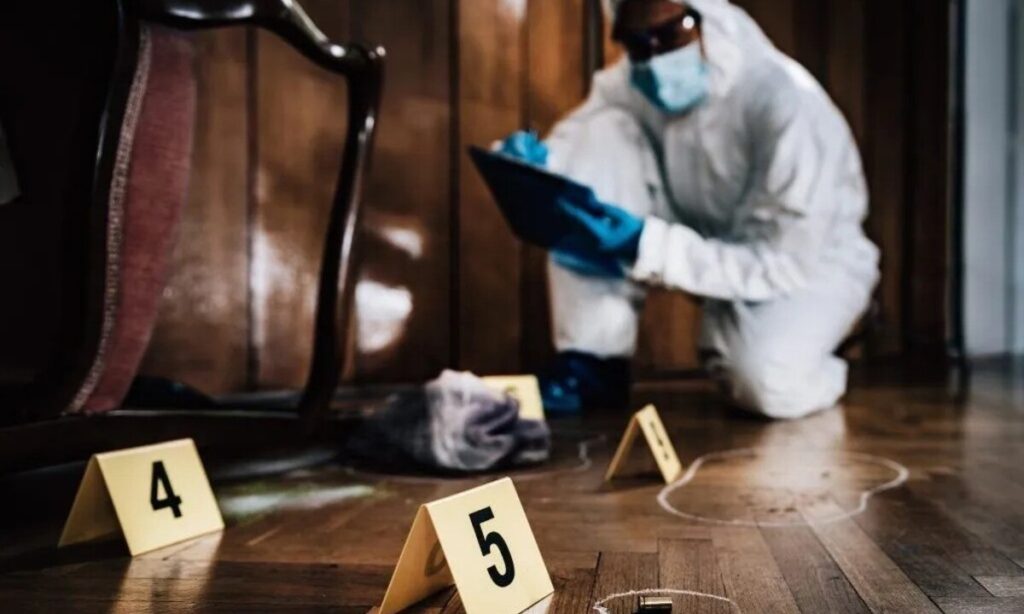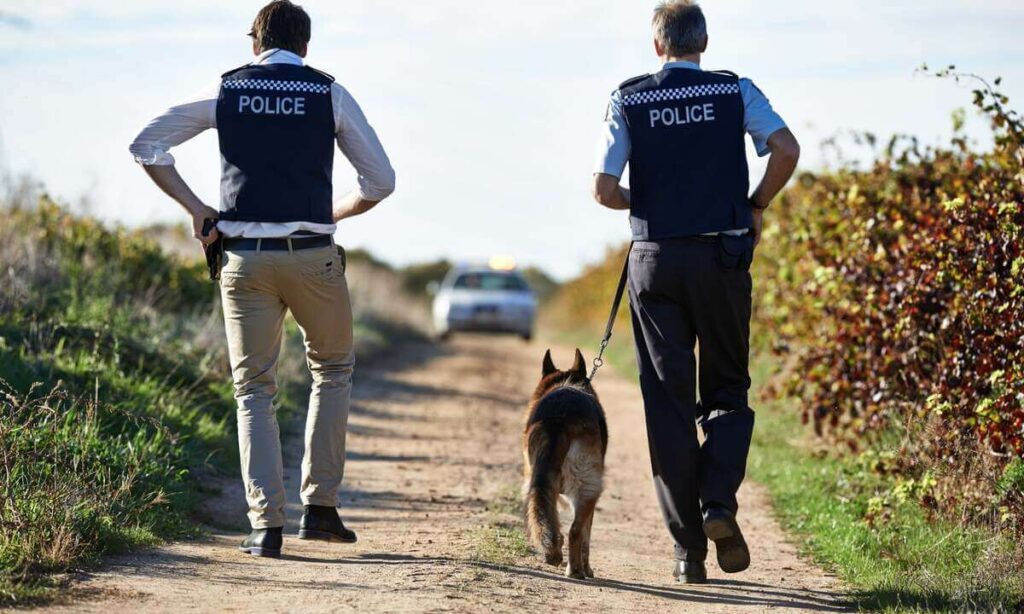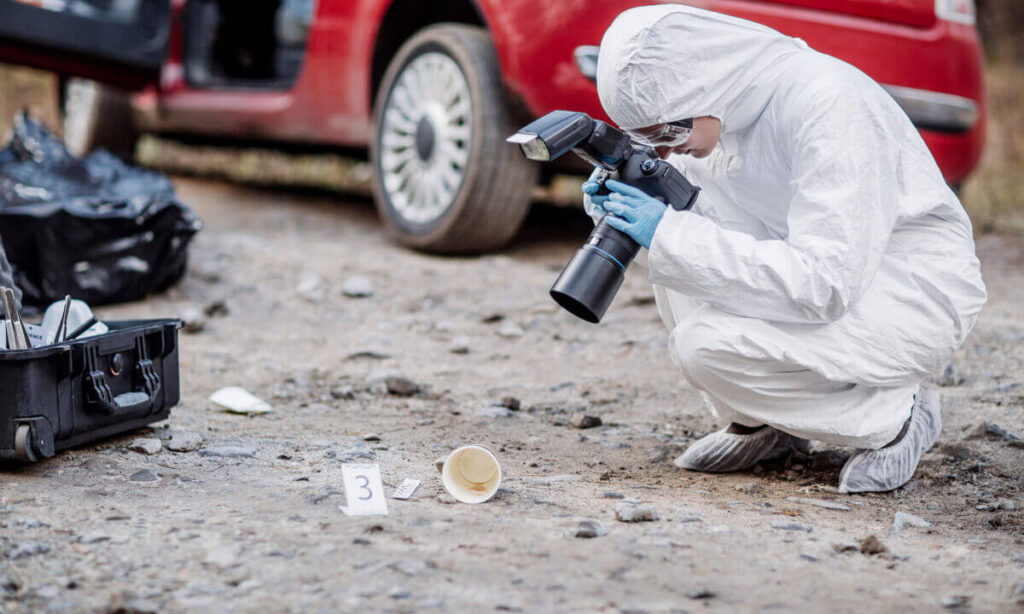Criminal profiling is an intriguing field that aids law enforcement agencies in solving crimes by fusing psychology, criminology, and investigative methods. Experts in their field, criminal profilers examine crime scenes, victim histories, and offender behaviour to build a profile of the offender. We’ll give you a detailed road map on how to become a criminal profiler in this extensive guide.
What Does a Criminal Profiler Do?
Understanding the role and responsibilities associated with this profession is crucial before beginning the process of becoming a criminal profiler. To support criminal investigations, criminal profilers collaborate closely with law enforcement organizations. To create a psychological profile of the offender, they study the behavior of offenders, investigate crime scenes, and look through evidence. Investigators can identify possible suspects and focus their search with the aid of this profile.
Criminal profilers not only build profiles but also offer law enforcement organizations insightful analysis and recommendations. They help with lead prioritization, offender behavior prediction, and strategy suggestions for investigations. In high-profile cases like kidnappings, sexual offences, and serial murders, their experience is vital.
How to Become a Criminal Profiler (Step-By-Step Guide)
We will take you step-by-step through the entire process of becoming a criminal profiler in this comprehensive guide, covering everything from schooling to certifications and licenses, and offering insightful information on the pay and future prospects of this field.
1. Education
To become a criminal profiler, you must first complete the required education. Although a degree is not necessary to work in this field, most people who want to become criminal profilers get one in psychology, criminology, or a similar discipline. Having a solid foundation in these areas will provide you the information and abilities required to effectively analyze criminal behavior.
Investigate colleges and universities that provide criminology or psychology programs to begin your educational journey. Seek out reputable, accredited schools that specialize in these areas. Make sure to concentrate on courses covering forensic science, criminal justice, abnormal psychology, and research methods during your undergraduate studies. You will gain a thorough understanding of criminal justice procedures, human behavior, and investigative methods from these courses.
Consider going after a graduate degree in forensic psychology or a related field after earning your undergraduate degree. Although not always necessary, a graduate degree can greatly increase your chances of landing a job as a criminal profiler. You can expand your knowledge in this area by enrolling in graduate programs that frequently offer specialized courses in criminal profiling, forensic assessment, and investigative psychology.
2. Internship and Training
After completing the required coursework, internships and training programs are crucial for gaining real-world experience. With these chances, you’ll be able to put your academic understanding to use in practical situations and hone the abilities needed to succeed as a criminal profiler.
Seek out volunteer or internship opportunities with forensic labs, law enforcement agencies, or groups that focus on criminal profiling in your community. These encounters will familiarize you with the duties of a criminal profiler on a daily basis and offer beneficial chances for professional networking.
In addition, think about going to conferences, seminars, and workshops on criminal profiling. These gatherings frequently include well-known professionals who can impart their knowledge and perspectives while also offering insightful advice on how to advance your career.
3. License and Certifications
A crucial first step in becoming a respected and well-known criminal profiler is obtaining a license and certifications. The jurisdiction and the particular organization you intend to work with determine the requirements for certifications and licenses. To improve your professional credentials, you can, nevertheless, take a few common routes.
Getting a license as a psychologist is one possibility. Usually, this calls for finishing a psychology doctoral program, gaining supervised clinical experience, and passing a licensing exam. Obtaining a license as a psychologist will not only give you the required legitimacy, but it will also open doors to employment in a variety of environments, including research facilities and private practices.
Obtaining certifications in criminal profiling or forensic psychology is an additional choice. A number of organizations, including the International Association of Forensic Criminologists and the American Board of Forensic Psychology, provide certification programs that evaluate your expertise in this particular area. Certifications can show your dedication to professional growth and improve your chances of landing a job as a criminal profiler, even though they are not always necessary.
Criminal Profiler Salary and Career Outlook
Being a criminal profiler can be a lucrative and intellectually stimulating career. A criminal profiler’s pay may differ based on their employer, location, and level of experience. The U.S. Bureau of Labor Statistics reports that in May 2022, the median yearly salary for forensic science technicians, which includes criminal profilers, was $63,740. It is crucial to remember that annual salaries can vary from about $40,000 to over $100,000. Your earning potential will rise as you gain expertise in the field and establish yourself.
Regarding employment prospects, there will likely be a rise in demand for criminal profilers in the upcoming years. Law enforcement agencies are depending more and more on the skills of criminal profilers as a result of technological advancements and a growing emphasis on solving complex crimes. It’s crucial to recognize that there may not be as many job openings as there is competition in this field. To increase your chances of success, it’s critical to keep up with industry advancements, develop a strong professional network, and update your skills on a regular basis.
Skills and Qualifications Needed to Become a Criminal Profiler
Success as a criminal profiler demands a certain set of abilities and credentials. These are some key characteristics that will help you stand out in this cutthroat industry.
Building a Strong Foundation in Psychology and Criminology
A thorough understanding of criminology and psychology is essential for success as a criminal profiler. Build your analytical and critical thinking abilities to accurately analyze crime scenes, victim profiles, and offender behavior. From the information at hand, profilers need to be able to spot trends, connect the dots, and deduce conclusions that make sense.
Joining Professional Organizations and Networking
In any line of work, networking is crucial, and criminal profiling is no different. Important networking opportunities can arise from joining associations for professionals like the American Investigative Society of Cold Cases and the International Association of Forensic Criminologists. By going to conferences, workshops, and seminars, you can network with seasoned industry professionals and learn about the most recent advancements in criminal profiling.
Advancement Opportunities and Career Paths
Numerous career paths and opportunities for advancement may become available to you once you have established yourself as a criminal profiler. A lot of profilers go on to become university professors or law enforcement agency consultants. Some even decide to focus on particular fields, like terrorism, sexual offenses, or serial killers.
It’s crucial to remember that becoming a criminal profiler is a very difficult and competitive career path. It calls for commitment, lifelong learning, and a sincere desire to change the legal enforcement landscape.
FAQs
1. How long does it take to become a criminal profiler?
The length of time it takes to become a criminal profiler can vary based on a number of variables, including your educational trajectory and experience level. Typically, obtaining the requisite education and training to work as a criminal profiler can take six to eight years.
2. How do I become an FBI profiler?
Typically, you need to have a solid background in law enforcement or a related field in order to become an FBI profiler. First, get a bachelor’s degree in a relevant field, like criminology or psychology. After gaining investigative or law enforcement experience, apply for jobs in the FBI’s Behavioral Analysis Unit (BAU). There is a lot of competition in the selection process, and you might need more training or experience.
3. What is a criminal behaviorist?
An expert who studies and evaluates patterns of criminal behavior to support criminal investigations and profiling is known as a criminal behaviorist. They assist law enforcement organizations in creating plans to deter and solve crimes by applying their expertise in criminology and psychology to understand why criminals act in certain ways.
4. What are the criminal profiler requirements?
The particular qualifications needed to become a criminal profiler can change based on the organization and jurisdiction you intend to work for. Common prerequisites, however, include a solid background in criminology or psychology education, pertinent work experience, and criminal profiling expertise.
5. What degree should I get to become a criminal profiler?
Although a degree in psychology, criminology, or a similar discipline is not specifically required to work as a criminal profiler, the majority of those in this field do. Getting a graduate degree—a master’s or doctorate, for example—can also help you land a job as a criminal profiler.
Conclusion on How to Become a Criminal Profiler
For people who have a strong interest in psychology, criminology, and justice, becoming a criminal profiler can be a fulfilling career choice. You can start a journey that combines your passion for these disciplines with the chance to help solve crimes and bring offenders to justice by following the step-by-step instructions provided in this article.
Though becoming a criminal profiler is not an easy path, you can succeed if you have the necessary training, education, and perseverance. Thus, start your journey towards a rewarding career as a criminal profiler by taking the first step today.
Did you find this article helpful? Check out our article on How To Become a Forensic Scientist: A Complete Guide. For more articles, check out our website. Thank you for reading!






